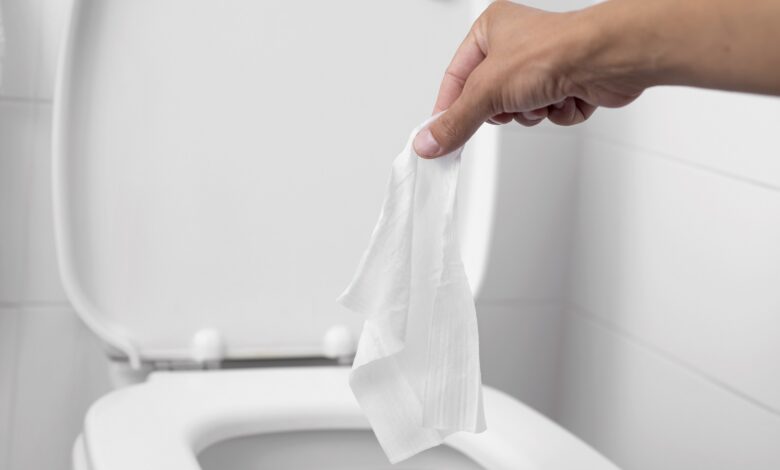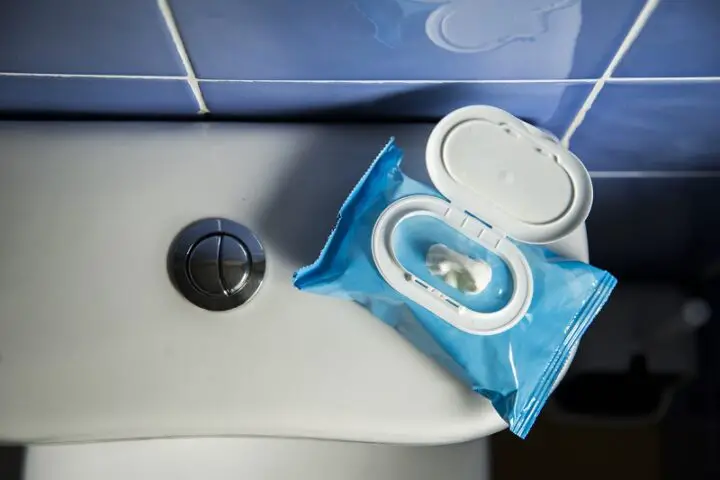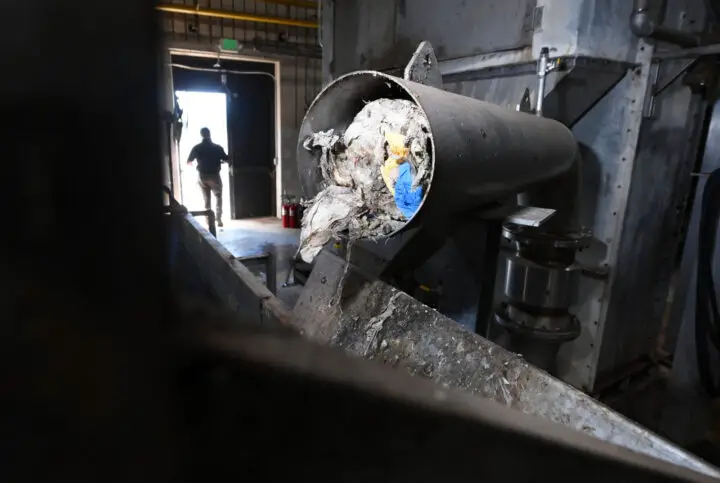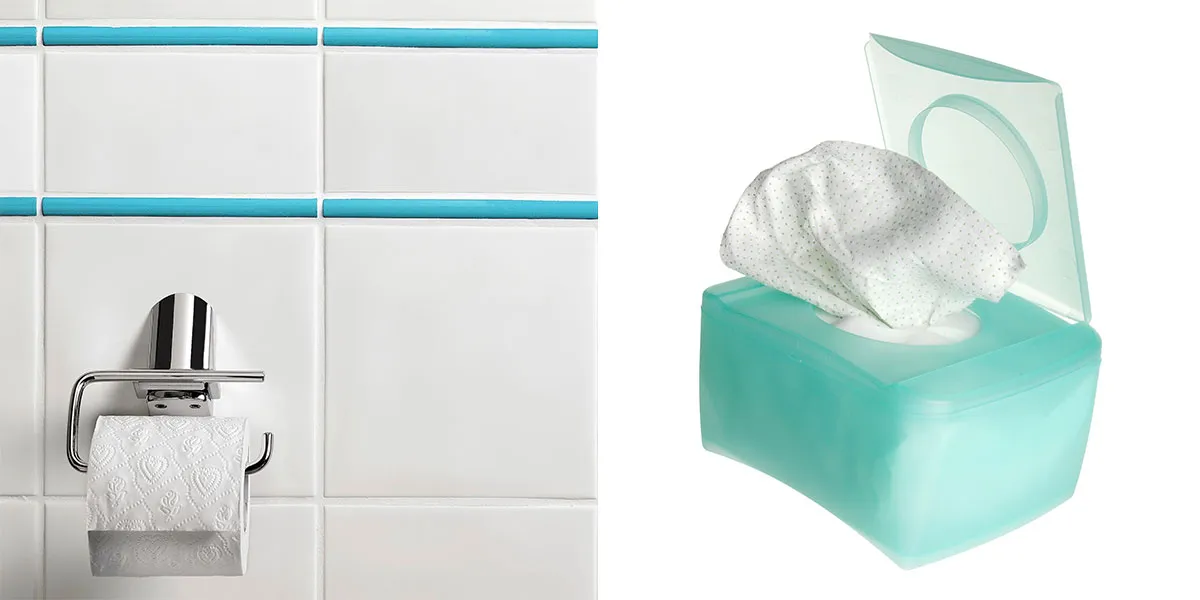Are Flushable Wipes Bad for Indoor Plumbing?

Do you ever find yourself reaching for a flushable wipe after using the restroom? Many people do, as flushable wipes can be more efficient than toilet paper and offer a more thorough cleaning. However, before you make this switch from traditional TP to flushable wipes, it is important to consider how these wipes are impacting your plumbing.
Some experts suggest that turning to flushable wipes could lead to major issues with indoor plumbing and clogged pipes, but what’s the truth? In today’s blog post, we will explore whether or not standard flushable wipes are actually bad for your indoor plumbing system and home appliances.
If you live in Illinois and need your plumbing to be serviced, click here.
What are flushable wipes, and how do they work?

Flushable wipes are wet towels made from a combination of fibers and plastic that are designed to break down upon flushing. Unlike traditional toilet paper, flushable wipes do not dissolve in water but instead cling together until broken up by a plumbing system or sewer. As such, they can prove beneficial for providing a more thorough clean than traditional toilet paper.
However, it is important to note that not all flushable wipes are the same. Some brands may break down more quickly than others, or have a higher concentration of plastic and other materials that do not dissolve in water. This can create serious issues with indoor plumbing systems if they become clogged, leading to costly repairs or replacements.
Are flushable wipes bad for indoor plumbing systems and septic tanks?
The short answer is: yes, flushable wipes can be bad for your indoor plumbing system and septic tanks.
While they may provide a more thorough clean than regular toilet paper, the materials used in these wipes often do not break down quickly enough to prevent clogs. This means that when the wipes are flushed, they can become trapped in pipes and cause a blockage, leading to costly repairs or replacements.
Furthermore, flushable wipes can also be detrimental to septic tanks. This is because the material used in flushable wipes may not break down quickly enough for these systems, resulting in an accumulation of waste that could lead to an overflow or other serious issues.
Therefore, it is important to keep an eye on the amount of flushable wipes you are using and avoid flushing them if possible.
How can you safely dispose of flushable wipes so they don’t cause damage to your plumbing system or septic tank?

The best way to get rid of flushable wipes is to wrap them in toilet paper and toss them in the garbage. This will help ensure that they do not clog your plumbing system or septic tank.
Additionally, it is important to remember that even if a wipe is labeled as “flushable”, it may still not break down quickly enough to prevent plumbing issues. Therefore, it is best to err on the side of caution and avoid flushing these wipes altogether.
Finally, if you are using flushable wipes more frequently than usual, it is important to inspect your pipes regularly for any signs of clogging or accumulation.
If you notice that there are any blockages, you should contact a professional plumber right away to have them properly removed.
Overall, flushable wipes can be beneficial for providing a more thorough clean than traditional toilet paper. However, it is important to remember that these wipes are not always safe for indoor plumbing systems and septic tanks.
Therefore, it is important to use caution when disposing of flushable wipes and to be sure that you are regularly inspecting your plumbing system for any signs of clogging or accumulation.
Alternatives to using flushable wipes
Fortunately, there are some alternatives to using flushable wipes that can help reduce the risk of plumbing problems.
One option is to use a bidet or heated toilet seat attachment which provides a more thorough clean without having to worry about clogs or blockages.
Additionally, many people opt for reusable cloth wipes as they are both eco-friendly and safe for all plumbing systems. Finally, you can also opt to use traditional toilet paper in combination with a wet washcloth for a more thorough clean.
Ultimately, it is important to remember that even if a wipe is labeled as “flushable”, it may still not break down quickly enough to prevent plumbing issues. Therefore, it is best to err on the side of caution and avoid flushing these wipes altogether.
By following these simple steps, you can help ensure that your indoor plumbing system remains in good condition and that any potential clogs or blockages are avoided.
Conclusion

In conclusion, flushable wipes can be a great way to provide a more thorough clean than traditional toilet paper. However, it is important to remember that these wipes are not always safe for indoor plumbing systems and septic tanks and should therefore be used with caution.
Alternatives such as bidets and reusable cloth wipes are also available that can help reduce the risk of plumbing issues. By following these tips, you can help ensure that your indoor plumbing system remains in good condition and any potential blockages are avoided.

